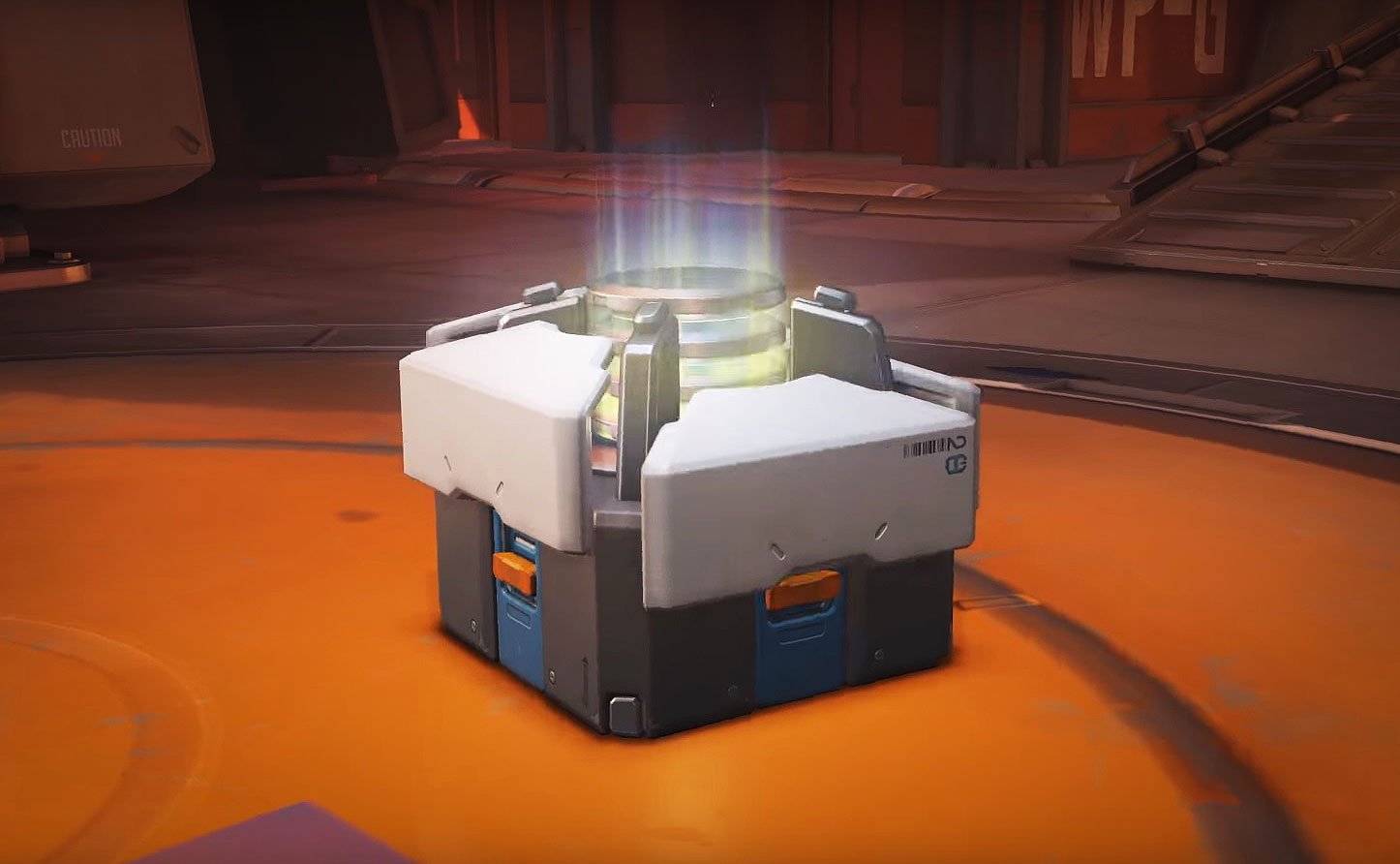Loot boxes have a long controversial history, with many critics believing they should follow the same rules and regulations as gambling. Claire Murdoch, the mental health director for the National Health Service (NHS), is the latest individual to join the debate by claiming loot boxes are “setting up kids for addiction by teaching them to gamble.”
Murdoch released a statement calling for the removal of loot boxes from games children play to eliminate the risk of developing a gambling addiction. The English NHS is already establishing clinics to assist children that are addicted to gaming and will be developing other clinics designed to specifically help children addicted to gambling.
The NHS also called for help from other “parts of society,” since they will not be able to eliminate this issue on their own. “Young people’s health is at stake, and although the NHS is stepping up with these new, innovative services…we cannot do this alone.” Murdoch said.
In August, Microsoft, Sony, and Nintendo announced they wouldn’t allow loot boxes on their consoles unless the publishers disclosed specific drop rates. There have also been national campaigns that encourage parents to use parental controls on consoles to prevent excess spending.
This is only the most recent discussion on loot boxes and how they affect children. Back in September, the Department for Digital, Culture, Media & Sport Committee recommended that loot boxes should face the same regulation as gambling. The UK Gambling Commission does not support this idea, however, since there isn’t a direct way to “cash out” from loot boxes. The NHS claims this a “loophole,” as third-party websites allow children to buy and sell accounts with rare items.
Publishers have tried to navigate this tricky debate by calling loot boxes “surprise mechanics.” Kerry Hopkins, EA’s vice president of legal and government affairs, related loot boxes to surprise toys and not a form of gambling.
“So we look at is surprise mechanics… it’s something that has been part of toys for years.” Hopkins said. “We do think the way that we have implemented these kinds of mechanics in FIFA… is actually quite ethical and fun. Enjoyable for people.”
Regardless of what loot boxes are called, the debate will continue surrounding their place in video games and what regulations they will have to follow.













Published: Jan 18, 2020 01:25 pm